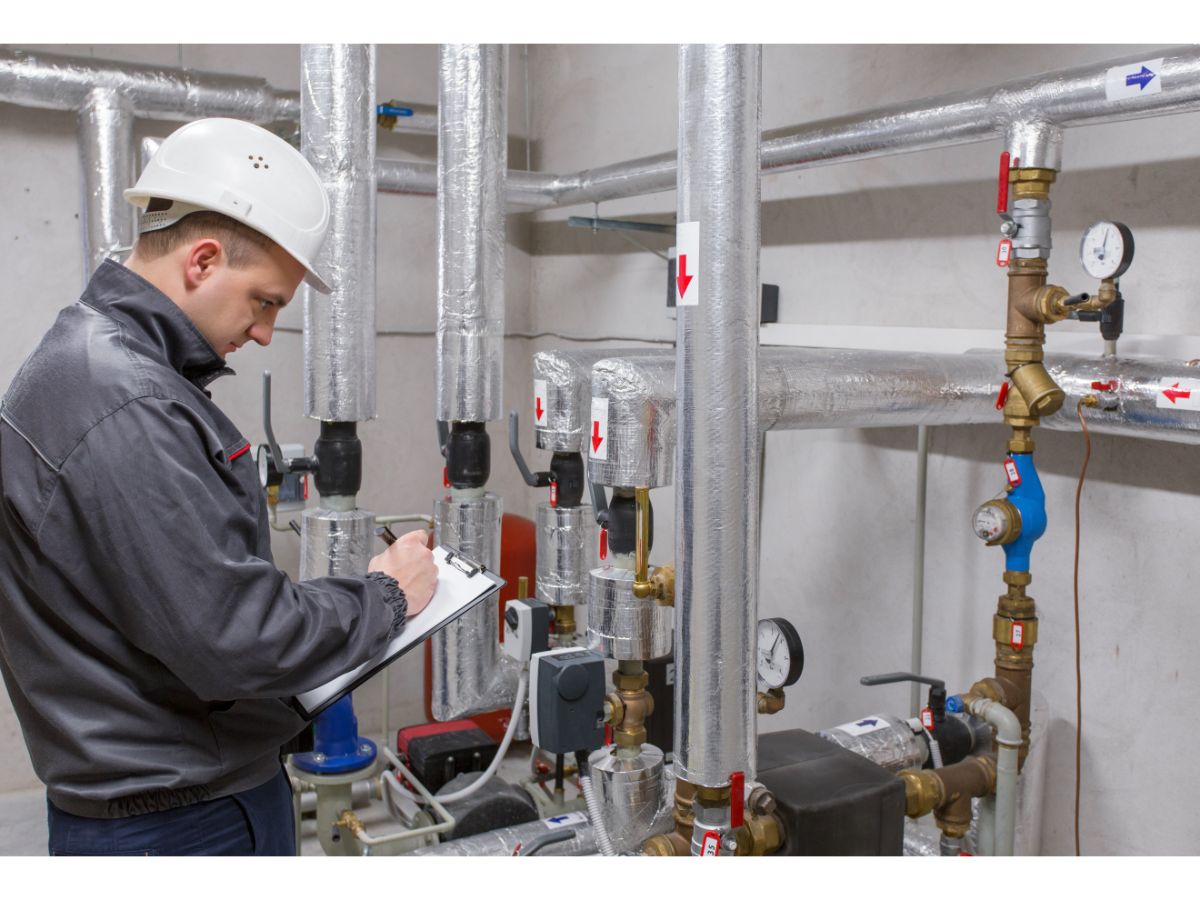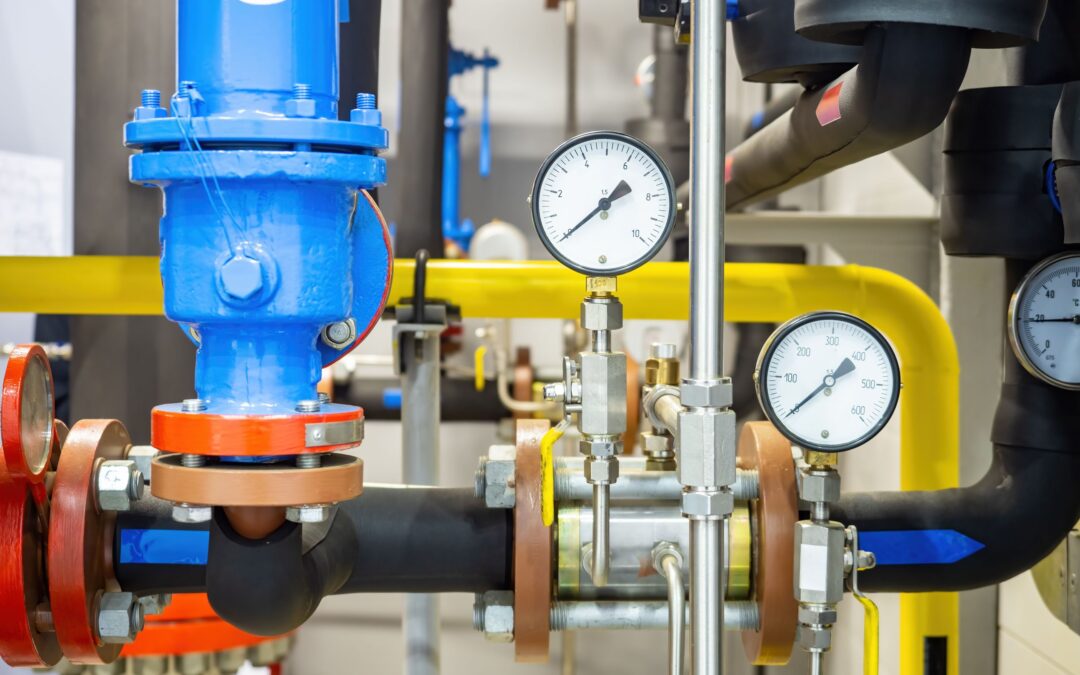Understanding and optimizing boiler efficiency is crucial in an era of paramount energy conservation and environmental responsibility. A well-functioning boiler reduces energy consumption and minimizes operational costs and greenhouse gas emissions. This article will guide you through the process of calculating boiler efficiency, empowering you to make informed decisions about your industrial or residential heating systems.
Understanding Boiler Efficiency
Boiler efficiency is the measure of how effectively a boiler converts the energy content of its fuel into usable heat. It’s typically expressed as a percentage and provides insights into the overall performance of the boiler. There are various methods to calculate boiler efficiency, but one of the most common approaches is the direct method.
The Direct Method for Calculating Boiler Efficiency
The direct method involves measuring various inputs and outputs of the boiler to determine its efficiency. Here’s a step-by-step guide to calculating boiler efficiency using the direct approach:
Step 1: Measure the Fuel Input
Start by measuring the amount of fuel the boiler consumes during a specific period. You can do this by recording the fuel flow rate (e.g., in kilograms or liters) and the calorific value of the fuel (energy content per unit mass).
Step 2: Measure Heat Output
Next, measure the boiler’s heat output. This involves quantifying the amount of heat transferred to the water or steam produced. It can be determined using instruments that measure temperature, flow rates, and pressure differentials.
Step 3: Calculate Efficiency
With the fuel input and heat output data in hand, you can now calculate the boiler efficiency using the formula:
Efficiency (%) = (Heat Output / Fuel Input) x 100
Remember to ensure that both the heat output and fuel input are expressed in consistent units (e.g., in joules, kilojoules, or megajoules).
Factors Affecting Boiler Efficiency
Several factors impact boiler efficiency, including combustion efficiency, thermal efficiency, and overall system losses. Here are a few considerations to keep in mind:
1. Combustion Efficiency: This relates to how efficiently the fuel is burned in the boiler. Proper air-fuel ratio, burner maintenance, and combustion tuning play a significant role in achieving high combustion efficiency.
2. Thermal Efficiency: This considers how well the boiler transfers heat from the combustion process to the water or steam. Insulation, heat exchanger design, and water treatment can influence thermal efficiency.
3. System Losses: Losses due to radiation, convection, and unburned fuel can impact overall boiler efficiency. Proper insulation, minimizing leakages, and optimizing combustion reduce these losses.

Continuous Monitoring and Optimization
Calculating boiler efficiency is not a one-time task; it’s an ongoing procedure that requires continuous monitoring and optimization. Regular maintenance, tuning, and efficiency audits can identify potential areas for enhancement and ensure that your boiler operates at its peak performance.
Calculating boiler efficiency is an essential practice for anyone involved in heating systems, from engineers and facility managers to homeowners. By understanding the direct method and the factors that affect efficiency, you can assess the effectiveness of your boiler system and take steps to enhance its performance. Remember, a more efficient boiler not only saves energy and costs but also contributes to a more sustainable and environmentally conscious future.


Recent Comments